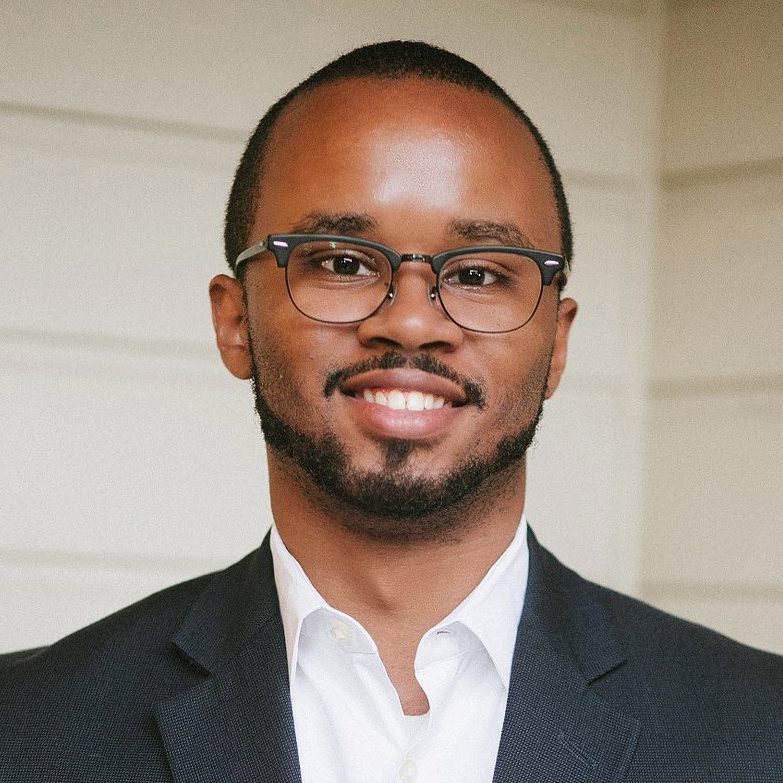Our new series, The Smart Scholar, explores the attributes and qualities that make a successful academic applicant.
Since competition on the academic job market shows no sign of letting up, there has been increased conversation about the skill sets and tools needed to secure a job. For those seeking faculty positions, there is the sage advice of ensuring that you have:
- Published in respected refereed venues
- Crafted a strong cover letter and CV that showcases your abilities
- Established meaning relationship with colleagues in your discipline
While these skills are important, there are other less defined skills and knowledge that are critical to success in landing your perfect job.
Below are three under-appreciated skills that scholars seeking academic positions should cultivate.
Ability to communicate and collaborate across disciplines
As scholars we are trained to be discipline experts. Although possessing this depth is useful to ensure our research extends the knowledge in our respective fields, it is imperative that in today’s market, scholars have the ability to communicate and collaborate across disciplines. There are continuous instances of universities wanting to increase faculty’s ability to generate revenue through large-scale grants and contracts. Given this aim, scholars who can connect their research to other disciplines and communicate with faculty across various fields hold an advantage. Funders are increasingly looking for grant teams to be interdisciplinary in nature. Your ability to communicate this skill set to search committees may be the intangible skill that separates you from the pack.
Developing interpersonal communication skills
While your credentials, ability to publish, and flawless application documents may get you an interview, it will be your interpersonal communication skills that will give you an advantage over other applicants. Throughout interviews you are being assessed by a committee that has lingering in the back of their mind, “Could I work with this candidate for the next 30 years?” As a result, you want to be personable and develop rapport with search committee members and others who you meet across the university. While “likeability” is important to the employer, it should also be important to you. You should also gauge whether you could see yourself working with the interviewers as colleagues for the next 30 years.
Treat everyone with respect—you never know who your future boss will be
Academia is a small world. Given that scholars can move frequently for positions, it could be likely that at least one colleague at the institution you are applying to will know at least one colleague from your current institution. Thus, you want a reputation as someone who is dependable, respectful, and trustworthy. Part of this is ensuring that you treat everyone who you interact with, from a university president to a facilities worker, with respect. You never know who may eventually make a decision or have the ear of the decision maker that can impact your future job opportunities.
Interfolio’s Dossier enables scholars to collect, curate, polish and send out their materials at all stages throughout their academic professional path. Learn more about Dossier here.
Author Bio: Dr. Ramon B. Goings is an assistant professor of educational leadership at Loyola University Maryland. His research examines gifted/high-achieving Black male academic success PreK-PhD, diversifying the teacher and school leader workforce, and the student experience and contributions of historically Black colleges and universities to the higher education landscape. For more information about Dr. Goings, please visit his website www.ramongoings.com and follow him on twitter (@ramongoings).

